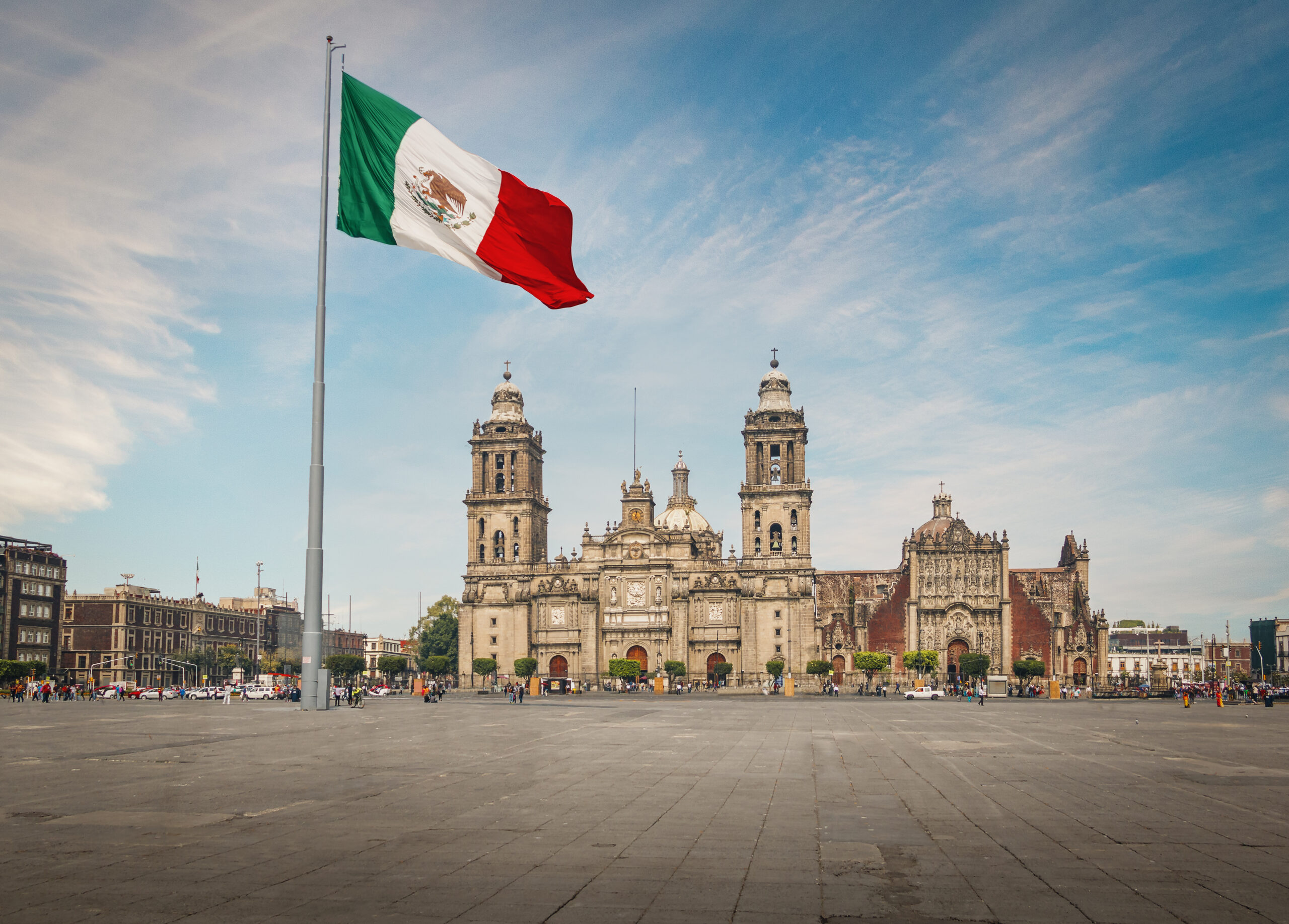McCaul: Mexico ‘Increasingly Concerned That They’re Getting Invaded’ By Illegals

After leading a bipartisan congressional delegation to Mexico City this week, House Foreign Affairs Committee Chairman Rep. Michael McCaul (R-TX) revealed that Mexican President Andres Manuel López Obrador is also concerned about the illegal aliens invading his country as part of their journey to the United States.
In a Friday interview with the Washington Examiner following his return from Mexico, McCaul explained that the massive number of illegal aliens traveling through Mexico to cross the U.S. southern border from countries around the world have caused growing frustration within the Mexican government.
“They’re increasingly concerned that they’re getting invaded by Central America, Venezuela, Haiti, and all these other countries,” the Texas congressman explained, noting that it was the first time he heard Mexican officials say, “We know it’s a problem for you all, but it’s our problem, too, and we want to work together with you on this.”
During a “lengthy” and “productive” meeting with the Mexican president and other officials about the illegal immigration and fentanyl crises, McCaul was surprised to learn that Mexico supported two specific short-term and long-term solutions.
He went on to explain how Mexico has been flying Venezuelan illegal aliens back to their home country, while also allowing the U.S. to fly Venezuelan illegal aliens to Mexico. According to a Republican House Foreign Affairs aide who attended the meetings in Mexico City, Mexican officials were “very keen” to tout their efforts at deporting Venezuelans.
McCaul noted that he would be speaking with U.S. lawmakers about ways to help Mexico in its deportation efforts.
“That would provide a major deterrence in the short term,” he said. “They currently have some military down there that they would allow us to assist them with that effort.”
“The deportation flights, if coupled with a long-term plan to help seal off the border between Mexico and Guatemala, always made more sense to me,” McCaul later added. “One, you’re pushing the border out. We’re not playing defense on the one-yard line. And secondly, it’s a choke point where you can literally stop any migrant coming up outside of Mexico and from getting in.”
He also spoke with Mexican officials about increasing security along Mexico’s southern border with Guatemala, pointing out that there are already military members at the border to secure a major infrastructure project in the area — where Mexico is installing a railroad line from east to west along the border.
López Obrador “is putting his military down there for the security piece, so we opened up the idea of providing security at that border as an entryway for the migrants, in addition, like a processing center, through which all the migrants would have to go through,” McCaul said. “They would be detained pending the adjudication of [asylum claims]. Those who don’t have political asylum get removed, and those that do would be detained there so that they don’t get into the United States.”
He went on to discuss his conversations with Mexican officials about the fentanyl crisis, noting that the issue is “extremely complicated,” and that the U.S. is “going to continue to deal with this problem until I think the technology is perfected.”
McCaul also expressed optimism about a $40 billion project in Mexico to find a technological solution to stop the trafficking of fentanyl through ships at ports into Mexico and to help U.S. customs officers detect the drug at land ports of entry — though he noted that the technology is still years away from becoming a reality.
























